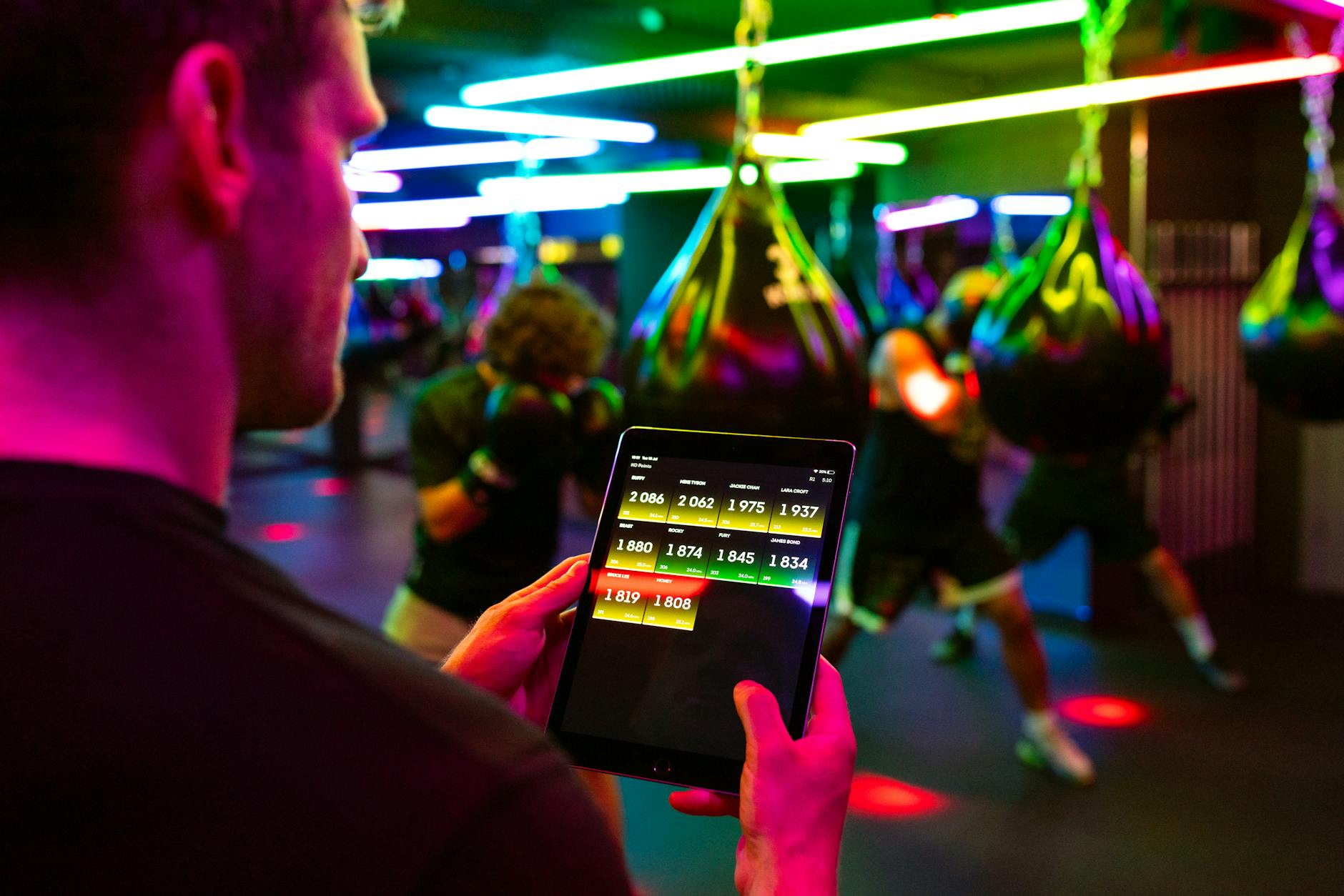Photo by ThisIsEngineering on Pexels
A new AI model called “Track,” developed by Veritone, is enabling law enforcement to identify and track individuals even in areas where facial recognition is prohibited. Instead of relying on facial features, Track analyzes characteristics like body size, gender, clothing, and accessories to follow a person’s movements through video footage. Veritone’s CEO defends the technology as a means to aid in criminal identification where facial recognition is restricted. However, the American Civil Liberties Union (ACLU) has voiced strong concerns, arguing that Track presents similar privacy risks as facial recognition technology. Track has already been used to analyze footage from events like the January 6th riots and in subway stations, constructing detailed timelines of individuals’ whereabouts. While currently working with recorded video, Veritone intends to expand Track’s capabilities to include live video feed analysis. The public sector currently comprises a small but expanding segment of Veritone’s business, a fact that is fueling anxieties among privacy advocates. The ACLU warns that the technology has the potential for overreach and misuse, particularly by federal agencies. Veritone maintains that Track is designed to accelerate video analysis and is not intended for mass surveillance. However, the tool’s capacity to analyze significantly more video footage than previously possible raises concerns about the erosion of personal privacy. As laws limiting facial recognition become more widespread, Track offers an alternative method of tracking, but it does so with a parallel set of potential privacy implications.
